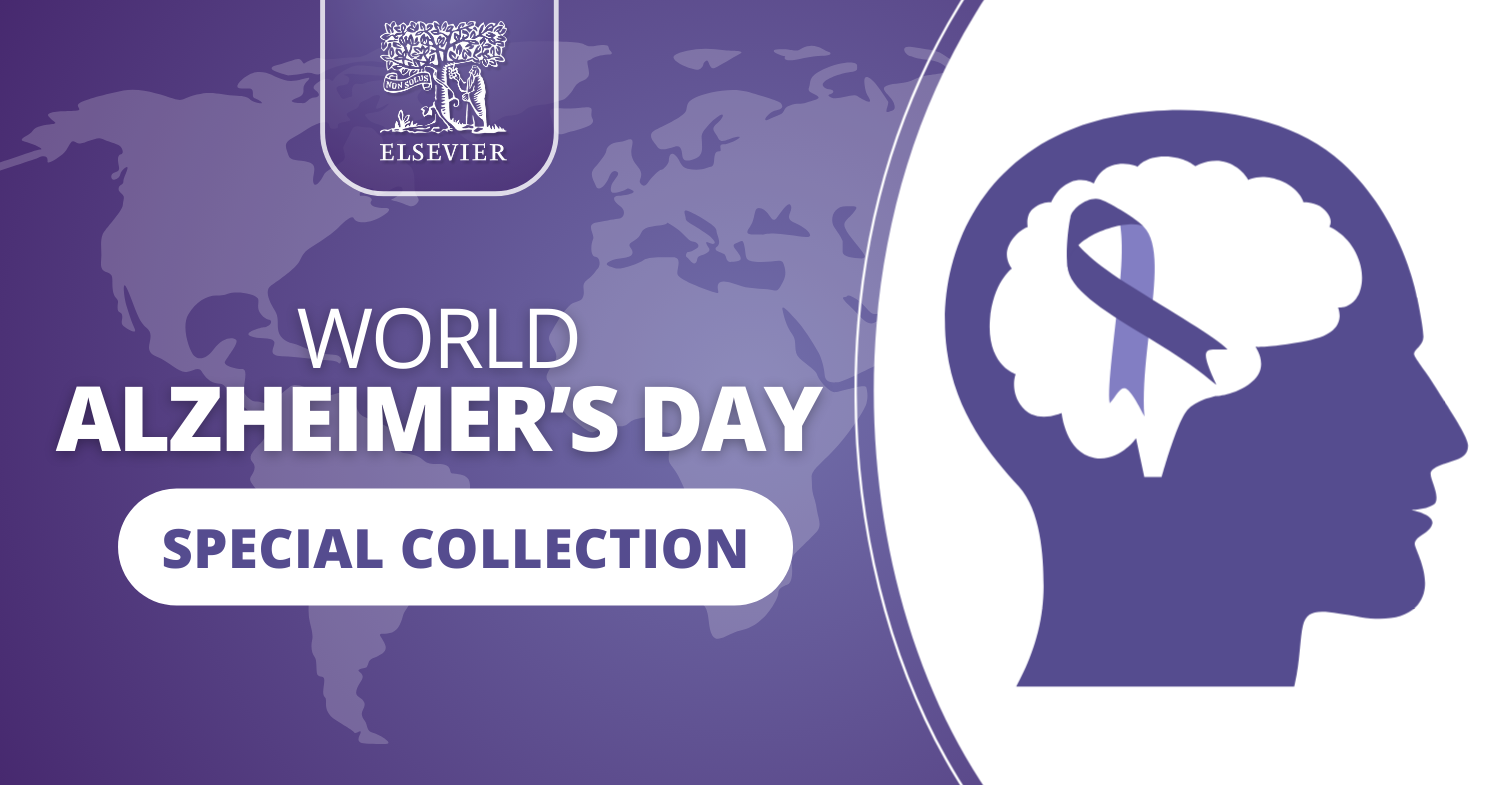Health and population dynamics are intertwined, embodying an intricate relationship with significant implications on the Sustainable Development Goals (SDGs). Health is fundamentally at the center of these 17 global goals, aimed to transform the world by 2030. Specifically, Goal 3 endeavors to "Ensure healthy lives and promote well-being for all at all ages." It acknowledges that health is pivotal to human life quality, social cohesion, and sustainable development. Inextricably linked to this are the complexities of population dynamics, including growth rates, age structure, fertility and mortality rates, and migration patterns.
With the world's population projected to exceed 9.7 billion by 2050, the pressure on health systems will undoubtedly escalate. The demographic transition, with an aging population and an increasing prevalence of non-communicable diseases, poses new challenges for health systems globally. Additionally, areas with high fertility rates often overlap with extreme poverty, resulting in heightened health risks, including higher maternal and child mortality rates, malnutrition, and infectious diseases.
Moreover, rapid urbanization and migration present both opportunities and threats to health. While urban areas may provide better access to healthcare, they also harbor risks of disease transmission, air and water pollution, and social determinants of health like inadequate housing and social inequality. Simultaneously, migrants often face disproportionate health risks due to unstable living conditions, exploitation, and limited access to healthcare services.
Achieving the SDGs will necessitate comprehensive approaches that consider the intricate interplay of health and population dynamics. It means strengthening health systems, promoting universal health coverage, and addressing social determinants of health. It also implies crafting policies that recognize demographic realities and foster an environment conducive to sustainable development. Only by understanding and harnessing these dynamics can the world meaningfully progress towards realizing the SDGs, ensuring healthy lives and well-being for all.
Applied Behavior Analysis for Clinical, Educational, and Training Applications, 2026, pp 305-326
This chapter introduces autism spectrum disorder (ASD) and intellectual developmental disabilities through applied behavior analysis (ABA), aligning with SDG 3 (Good Health and Well-being) by promoting evidence-based strategies to improve health and quality of life, and SDG 10 (Reduced Inequalities) by advocating ethical, inclusive practices that respect neurodiversity and ensure equitable support for individuals with ASD and IDD.
World Alzheimer's Day, observed every year on September 21st, is an international campaign to raise awareness and challenge the stigma surrounding Alzheimer's disease and other forms of dementia. With over 50 million people worldwide living with dementia and millions more being diagnosed every year, it is crucial to improve public understanding and provide support for those affected. In this article, we will discuss the significance of World Alzheimer's Day and share ways you can get involved to make a difference.
Advancing Brain Cancer Care: Precision, AI Innovation, and African Insights, 2025, pp 209-231

